Seed Capital
The Accelerator Conundrum: Navigating Your Path to Startup Success

The Accelerator Conundrum is a multipart series that challenges the prevailing wisdom of the tech startup ecosystem that entrepreneurs should Blitzscale out of the gate. Written by Sramana Mitra, the Founder and CEO of One Million by One Million (1Mby1M), the world’s first global virtual accelerator, it emphatically argues that a better strategy is to Bootstrap First, Raise Money Later, focus on customers, revenues and profits. 1Mby1M’s mission is to help a Million entrepreneurs reach a million dollars in annual revenue and beyond. Sramana’s Digital Mind AI Mentor virtually mentors entrepreneurs around the world in 57 languages. Try it out!
Alright, let’s cut through the noise and get to the brutal truth of the startup accelerator world. Many entrepreneurs, starry-eyed and naive, leap headfirst into 3-month accelerator programs without truly understanding the long-term implications. It’s time for an incisive commentary, a necessary dissection.
>>>1Mby1M Udemy Courses with Sramana Mitra: Financing
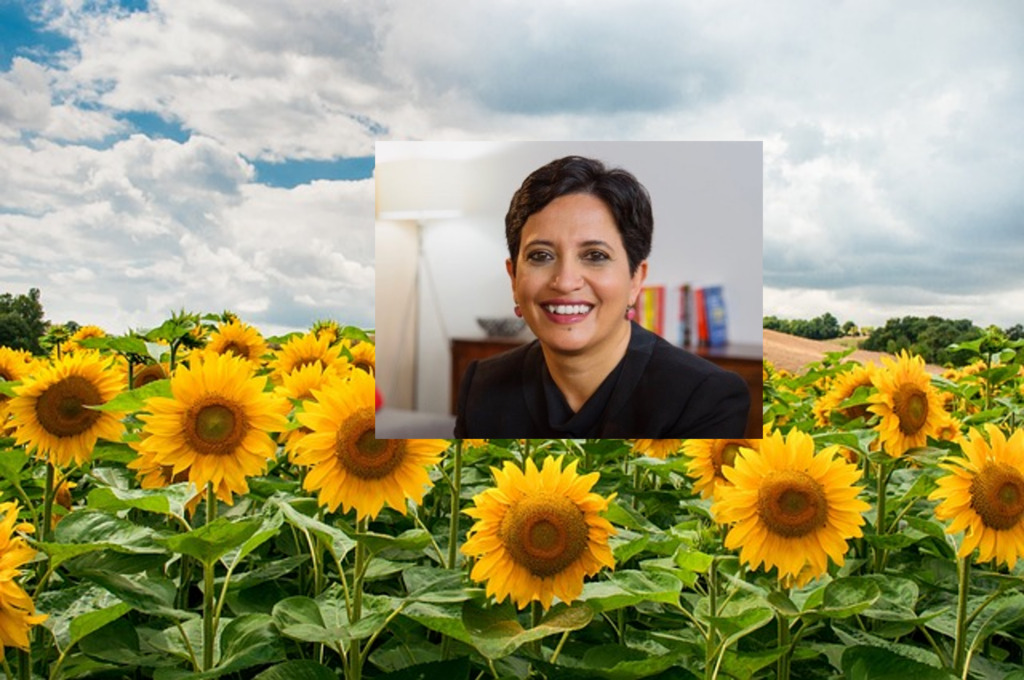
Raising money to build a startup is a huge challenge. To be able to raise any money at all, you must first understand how investors think. We have developed the following courses catering to entrepreneurs in different stages of their entrepreneurial journey.
>>>Roundtable Recap: June 23 – The Changing Dynamics of India’s Startup Scene
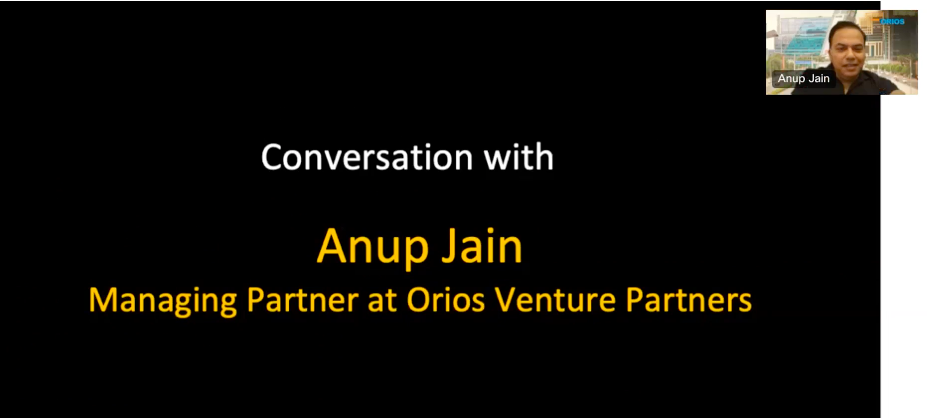
During this week’s roundtable, we had as our guest Anup Jain, Managing Partner at Orios
Venture Partners, discussing the Indian startup ecosystem and its trends and nuances.
You can listen to the recording of this roundtable here:
Featured Videos
Can 1M/1M Help Me Raise Money?
How Does 1M/1M Democratize Entrepreneurship Education?
How Does 1M/1M Democratize Management Consulting?
When Is The Right Time To Join 1M/1M?
Can 1M/1M Help Me With Business Development?
Can 1M/1M Help Me With Market Sizing?
Can 1M/1M Help Me Validate My Product?
Will I Have Private 1-on-1 Sessions In 1M/1M?
How Does 1M/1M Help Entrepreneurs Connect With Silicon Valley?
Mentoring or Consulting?
Why Does 1M/1M Charge $1000 a Year?
Why Does 1M/1M Partner With Local Organizations?
Why Don\’t Mentoring Networks Work?
Why Is It Important To Study With 1M/1M Now?
Dan Stewart Story
Vikrant Mathur Story Download" class="hvideo iframe playbut videow" id="playbg" href="http://www.youtube.com/embed/a> ?rel=0&autoplay=1"> Download Android " class="hvideo iframe playbut videow" id="playbg" href="http://www.youtube.com/embed/a> ?rel=0&autoplay=1"> Android
579th 1Mby1M Entrepreneurship Podcast with Evan Zimmerman, Jovono
Evan Zimmerman, Chairman of Jovono, discusses his fund’s investment philosophy, especially around pre-seed and seed.
Podcast: Play in new window | Download
Subscribe: Apple Podcasts | Android | Google Play | Stitcher | TuneIn | RSS
579th Roundtable Recording with Evan Zimmerman, Jovono
In case you missed it, you can listen to the recording of this roundtable here:
Roundtable Recap: June 16 – Proof Points Reign in Pre-Seed and Seed
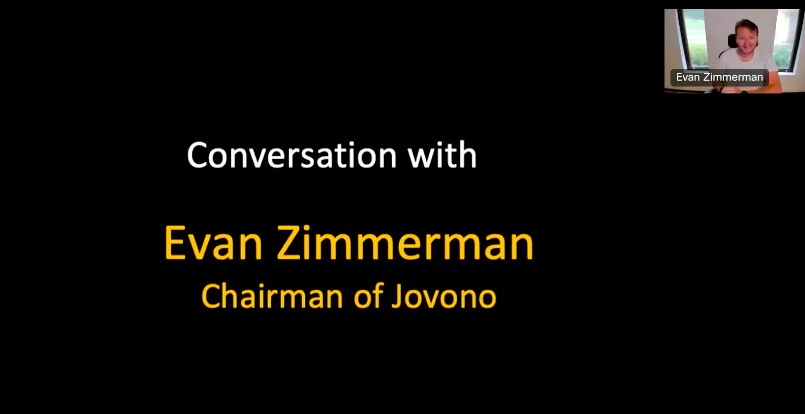
During this week’s roundtable, we had as our guest Evan Zimmerman, Chairman of Jovono, discuss his fund’s investment philosophy, especially around pre-seed and seed.
AdCreative.ai
As for our entrepreneur pitch, we had Gaurav Henry from Bursa, Turkey, pitching AdCreative.ai, an excellent revenue generating business that automates the production of ad creatives for digital marketing.
You can listen to the recording of this roundtable here:
578th 1Mby1M Entrepreneurship Podcast with Janam Mehta, Campus Fund and JSW Ventures
Janam Mehta, Partner at Campus Fund and Venture Investments at JSW Ventures, discusses the progress of the Indian startup ecosystem.
Podcast: Play in new window | Download
Subscribe: Apple Podcasts | Android | Google Play | Stitcher | TuneIn | RSS
578th Roundtable Recording with Janam Mehta, Campus Fund and JSW Ventures
In case you missed it, you can listen to the recording of this roundtable here:
1Mby1M Virtual Accelerator Investor Forum: With Anupam Rastogi, General Partner of Emergent Ventures (Part 1)

Anupam Rastogi is General Partner at Emergent Ventures, a firm focused on B-to-B tech investments.
Sramana Mitra: Let’s start by getting you acquainted with our audience. Talk a bit about how you position your fund. Before that, give a little bit of your own background too.
Anupam Rastogi: I’ve been in the technology space for a very long time now. I studied Computer Science back in the 90s. I grew up in India and came over to the US. I started a career on the operating side, research, and then product management at larger companies and a couple of startups. These stints eventually had good outcomes.
>>>1Mby1M Virtual Accelerator Investor Forum: With Bill Baumel, Managing Director of Ohio Innovation Fund (Part 1)
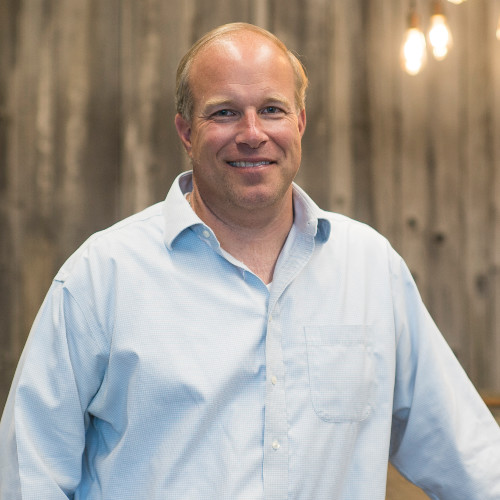
Bill Baumel, Managing Director at Ohio Innovation Fund, is one of the pioneers of the Ohio startup ecosystem.
Sramana Mitra: Let’s start with some introduction to where you are with your work with Ohio Innovation Fund. What’s happening in Ohio as an ecosystem?
>>>577th Roundtable Recording with Chandrashekar Kupperi, Peaceful Progress Fund
In case you missed it, you can listen to the recording of this roundtable here:
577th 1Mby1M Entrepreneurship Podcast with Chandrashekar Kupperi, Peaceful Progress Fund
Chandrashekar Kupperi is General Partner at Peaceful Progress Fund, an angel fund in India. We have some very interesting discussions on consumer startups in India, especially the ones targeting lower economic strata consumers.
Podcast: Play in new window | Download
Subscribe: Apple Podcasts | Android | Google Play | Stitcher | TuneIn | RSS
Roundtable Recap: June 2 – Don’t Pitch Investors Prematurely
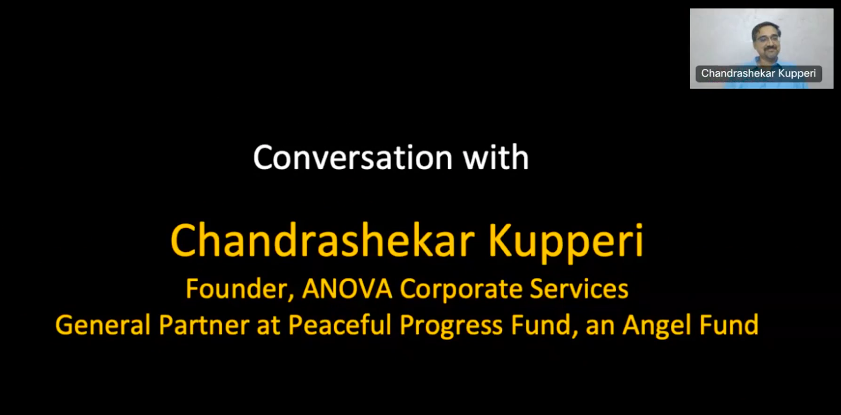
During this week’s roundtable, we had as our guest Chandrashekar Kupperi, General Partner at Peaceful Progress Fund, an angel fund in India. We had some very interesting discussions on consumer startups in India, especially the ones targeting lower economic strata consumers.
T-Ora
As for the pitches, up first we had Karthikeyan R. from Singapore pitch T-Ora, a solution for fact checking fake news.
Zabble
Next we had Nik Balachandran from Walnut Creek, California, pitch Zabble, a waste management software.
Enthu.ai
Then we had Gaurav Mittal from Chandigarh, India, pitched Enthu.ai, an AI solution for contact center call analysis.
You can listen to the recording of this roundtable here:
1Mby1M Virtual Accelerator Investor Forum: With Steve Eskenazi, Angel Investor (Part 1)

Steve Eskenazi is an Angel Investor, and we had a number of interesting trend conversations.
Sramana Mitra: Let’s start with a little bit of your background. Tell us about what path you have traveled.
Steve Eskenazi: My career has three distinct phases. In the 1990s, I was Wall Street’s digital media analyst introducing Wall Street to companies like America Online and Electronic Arts. For the next 10 years, I was a venture capitalist for a firm called Walden VC where we invested in internet, SaaS, and digital media companies.
>>>1Mby1M Virtual Accelerator Investor Forum: With Andrus Oks, Founding Partner of Tera Ventures (Part 1)
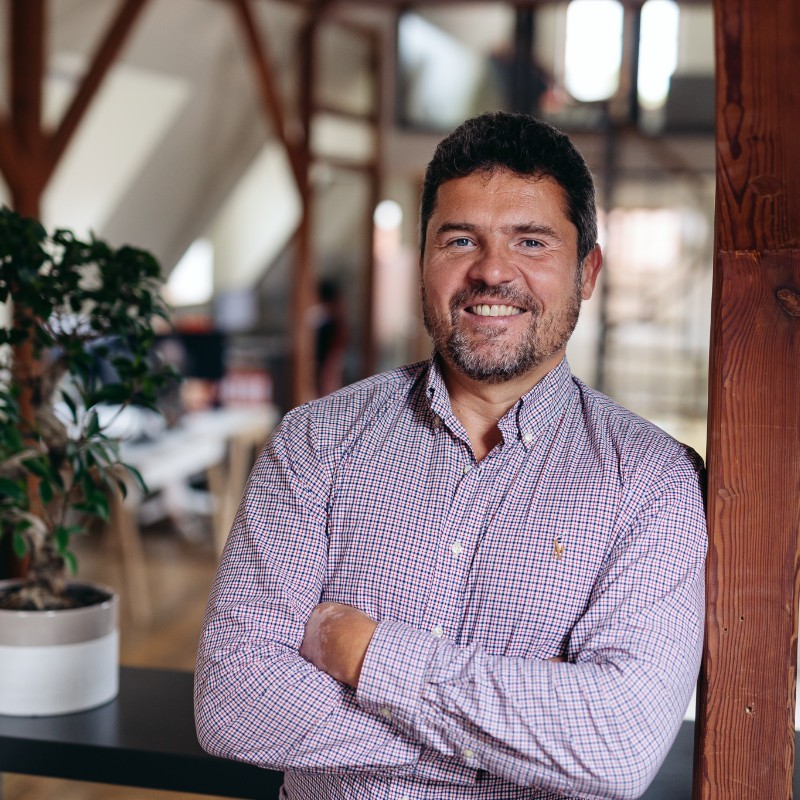
Andrus Oks is Founding Partner at Tera Ventures, based in Estonia. We have a great discussion on entrepreneurship in the Baltic and Scandinavian countries in particular.
Sramana Mitra: Let’s start by introducing our audience to yourself as well as Tera Ventures.
Andrus Oks: I’m one of the founding partners of Tera Ventures. Tera is an Estonian-based seed fund. We currently invest from our €45 million second fund. We are halfway through. We have done 15 deals. We are doing another 15. We support our portfolio companies throughout the rounds. We like to be early. We’re often the first investors.
>>>1Mby1M Virtual Accelerator Investor Forum: With Krishnakumar Natarajan, Co-Founder of Mela Ventures (Part 1)
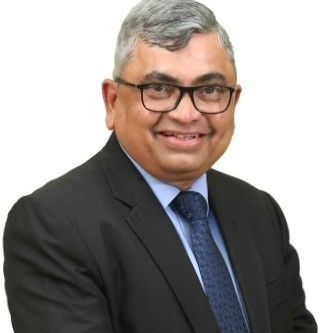
Krishnakumar Natarajan, Co-founder of Mela Ventures and former CEO of Mindtree, discusses the Indian Venture ecosystem.
Sramana Mitra: I’m looking forward to catching up with you. We haven’t talked in a while, but we have followed each other’s work for a long time. Catch me up on Mela Ventures.
>>>574th Roundtable Recording with Bill Baumel, Ohio Innovation Fund
In case you missed it, you can listen to the recording of this roundtable here:
